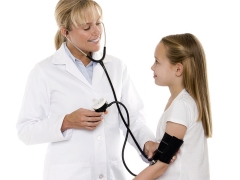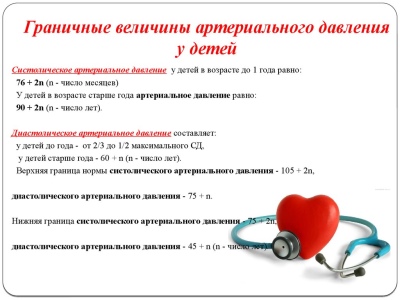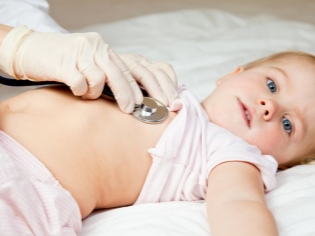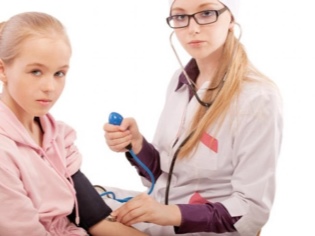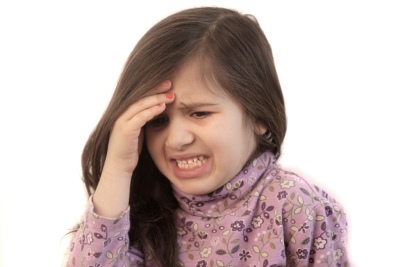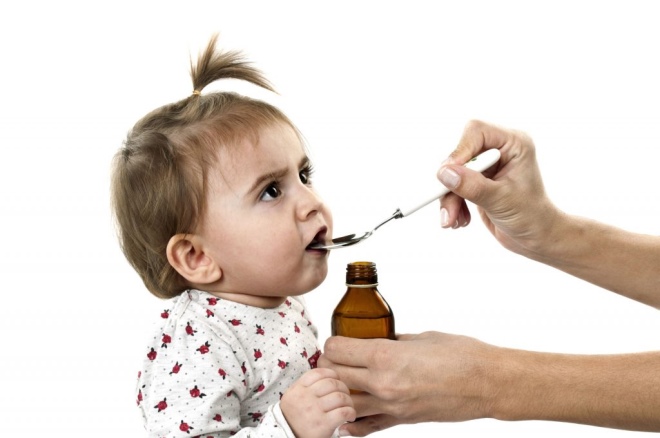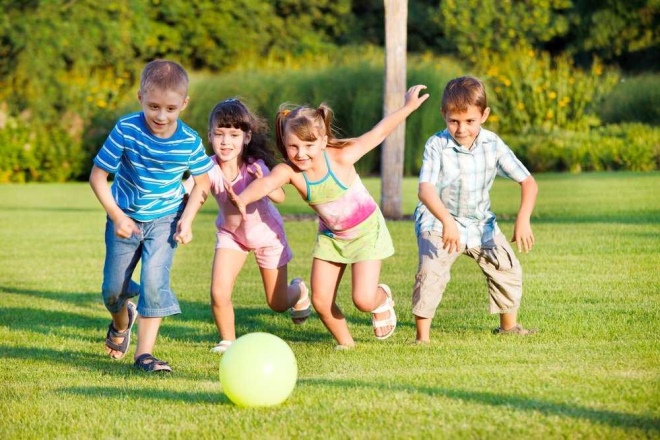Why does the child have low blood pressure and what to do?
Various disorders that lead to a decrease in pressure in babies can lead to various adverse effects. Such conditions in children cause many uncomfortable symptoms that significantly impair their well-being.
What it is?
Blood pressure is changing. Every age has its own norms. Low blood pressure in a child is called hypotension. This condition can cause various reasons. A strong decrease in blood pressure can be dangerous. In this case, urgent treatment is required.
The reasons
Among the various factors that lead to low blood pressure are the following:
- Genetic predisposition. Most common in girls. If the mother suffers from hypotension, then in 50% of cases the child may also have similar symptoms.
- Strong stress and psycho-emotional trauma. Lead to a violation of the tone of the blood vessels, which contributes to the development of hypotension.
- Physical exhaustion. Insufficient body weight or severe leanness contributes to the development of low pressure.
- Hormonal imbalance. Arises in adolescence. The surge in hormones affects the elasticity and diameter of the blood vessels.
- Chronic diseases of internal organs. Diabetes mellitus, inflammatory diseases of the kidneys and urinary tract, heart disease and blood vessels, as well as pathologies of the thyroid gland often become causes of low blood pressure.
- Injuries and concussions of the brain.
- Anemic conditions.
How does it manifest itself?
Most often, kids with low pressure complain of a headache. It usually does not have a clear epicenter. May occur throughout the day, but increases after various psycho-emotional stress or unrest. The pain is pressing or bursting, often given in the temples or descending to the eyes and forehead.
Dizziness and perception may occur. Toddlers complain about the blurred consciousness and the fact that it is difficult for them to focus on a particular subject. Children who attend educational institutions may have problems with learning due to a violation of their general condition.
Toddlers are becoming more lethargic. They may have decreased appetite and sleep. They try to limit the load, they play less mobile games. Symptoms are usually exacerbated by changing the atmospheric pressure and in different weather conditions. Changes in the geomagnetic field and magnetic storms can also trigger headaches and weaknesses.
What to do?
First of all, you should deal with the cause that caused a persistent decrease in pressure. If after the elimination of psycho-emotional stress and reduction of all loads in a child, manifestations of hypotension remain, then you should definitely show the baby to the doctor. Additional tests and analyzes may be required.
In order to normalize the pressure in the home, first of all the child needs to rest. Put the child on the bed and make him comfortable. With a strong decrease in pressure, you can use adaptogens. These plant substances contain a large number of biologically active components that return pressure indicators to normal.
Infusion of lemongrass or eleutherococcus will help improve the baby's well-being. When combined with a high pulse, it is better not to use these drugs, as they contribute to an increase in heart function.. Drugs are prescribed for exchange intake, usually 2 times a day after meals.Accepted in the first half of the day.
In the absence of contraindications, the doctor may recommend the use of drugs based on caffeine or cinnarizine. These tools improve blood pressure and have a positive effect on the brain. Before the appointment of drugs requires blood tests, as well as an ECG. This will reveal hidden contraindications.
Normalization of the day and full sleep also contribute to the normalization of blood pressure. To recover from school, the student must sleep at least 9 hours. Lack of full sleep adversely affects the condition of the blood vessels and contributes to the development of hypotension.
Children suffering from low blood pressure should definitely spend enough time outdoors in open air. Active walks and games on the street contribute to the normalization of the nervous system, as well as help normalize blood pressure levels.
More about arterial pressure in children See the next video.
